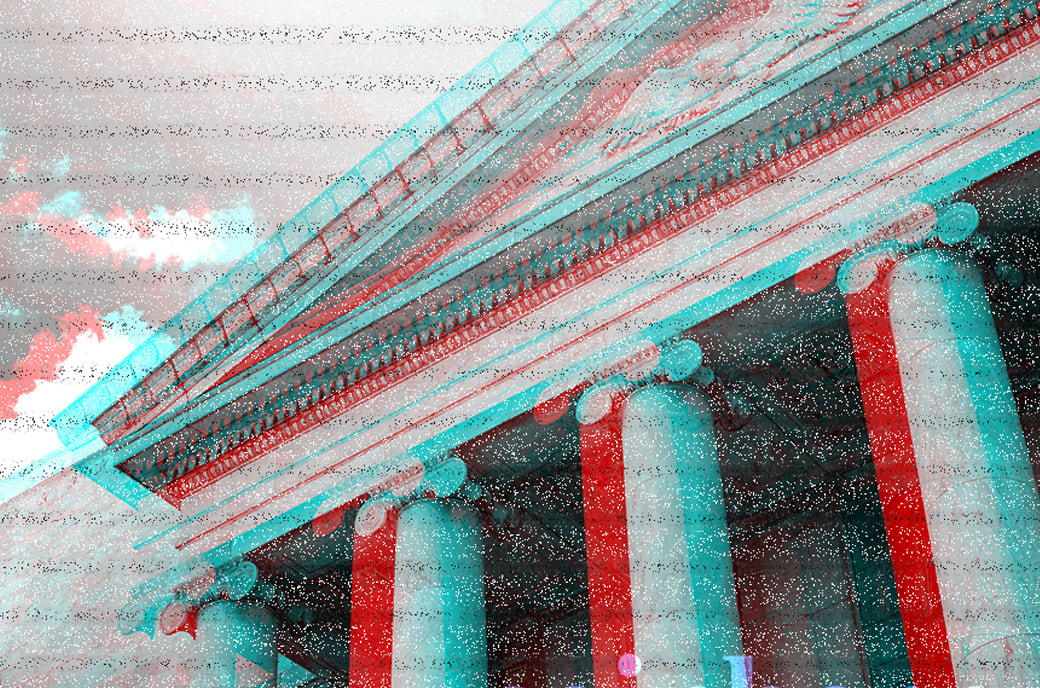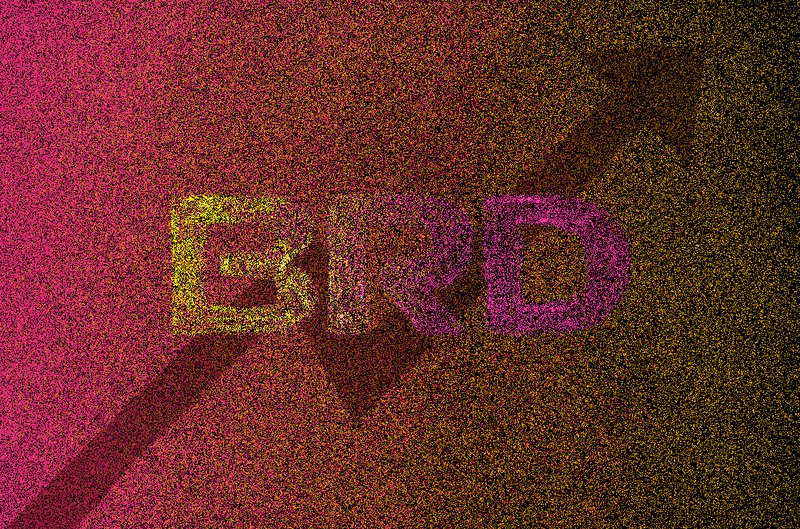Ordinals Explained | What are Ordinals? Episode 2
Defining Bitcoin Ordinals
The Role of Ordinals in Bitcoin
Bitcoin ordinals refer to the unique identification numbers assigned to each satoshi on the blockchain. They serve as a timestamp and help establish the order in which satoshis occur. Ordinal theory enables participants to verify the chronology of satoshis, ensuring that the network reaches a consensus on the state of the blockchain.
When a Bitcoin transaction takes place, it is recorded on the blockchain, which is essentially a decentralized ledger. Each satoshi is assigned a unique ordinal number, which acts as a digital fingerprint. This ordinal number is generated using complex cryptographic algorithms, making it virtually impossible to tamper with or forge.
By using ordinal numbering, Bitcoin ensures that all participants can agree on the order of satoshis. This is crucial in a decentralized system where there is no central authority to validate and confirm transactions.
Exploring Bitcoin Inscriptions
The Purpose of Bitcoin Inscriptions
Bitcoin inscriptions are the actual messages or data that are recorded in the blockchain. They can be used to record any arbitrary data, but are also used to issue and transfer arbitrary tokens. In that case, they include details such as the sender, the recipient, the amount, and any additional information associated with the transaction. Inscriptions provide a comprehensive record of data inscribed on the Bitcoin blockchain, enabling seamless auditing and verification.
How Bitcoin Inscriptions Contribute to Blockchain
Bitcoin inscriptions are committed to the blockchain using Bitcoin transactions, ensuring that they cannot be tampered with. These inscription transactions, along with the associated metadata, are organized into blocks and added to the blockchain by miners just like regular transactions. This distributed ledger structure guarantees immutability, providing the same degree of immutability to inscriptions as all other Bitcoin transactions.
The Connection Between Bitcoin Ordinals and Inscriptions
How Ordinals and Inscriptions Interact
Bitcoin ordinals and inscriptions work in harmony to create a robust and reliable system. Ordinals provide a means to associate an inscription with an owner, while inscriptions allow for a means to inscribe arbitrary data to the blockchain guaranteeing its availability. Together, they form an interconnected web of information that fuels the entire Ordinals ecosystem.
The Future of Bitcoin: Ordinals and Inscriptions
How Ordinals and Inscriptions Could Shape Bitcoin’s Future
Bitcoin ordinals and inscriptions form the foundation of a secure and transparent digital artifact and token ecosystem. As the landscape evolves, their importance cannot be underestimated. Further research, innovation, and adoption in the field of ordinals and inscriptions will pave the way for a more robust and efficient Bitcoin network, ultimately shaping the future of digital finance, art, and collectibles.









